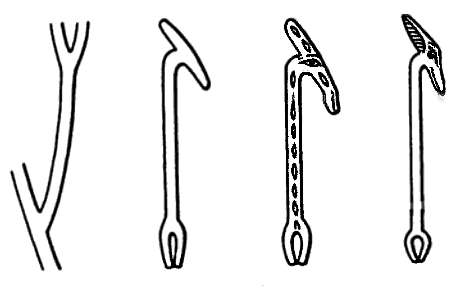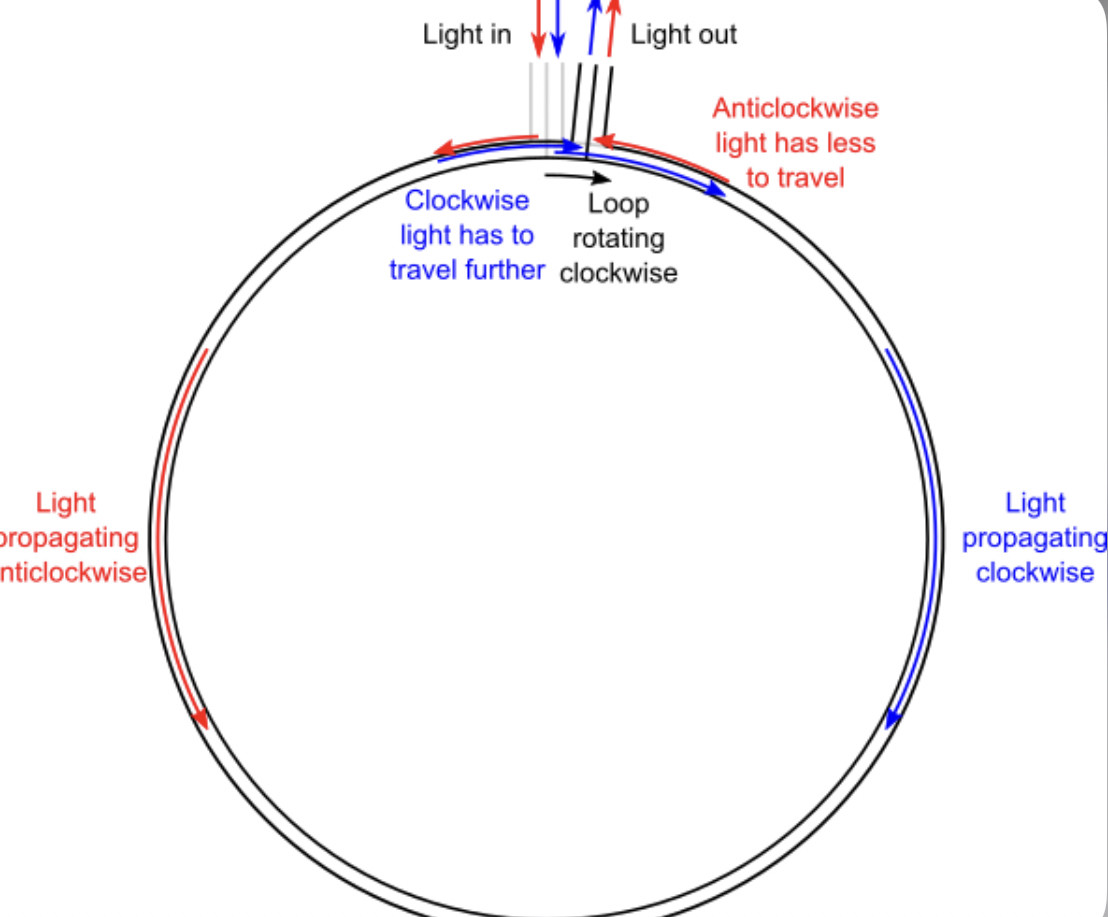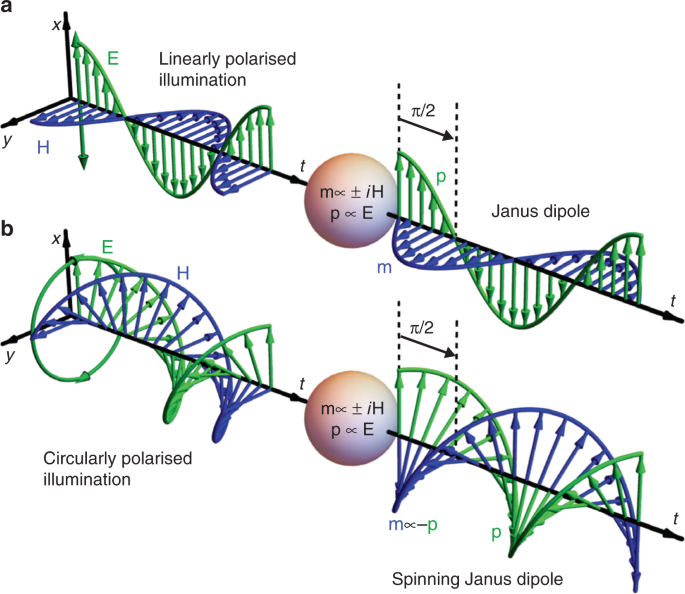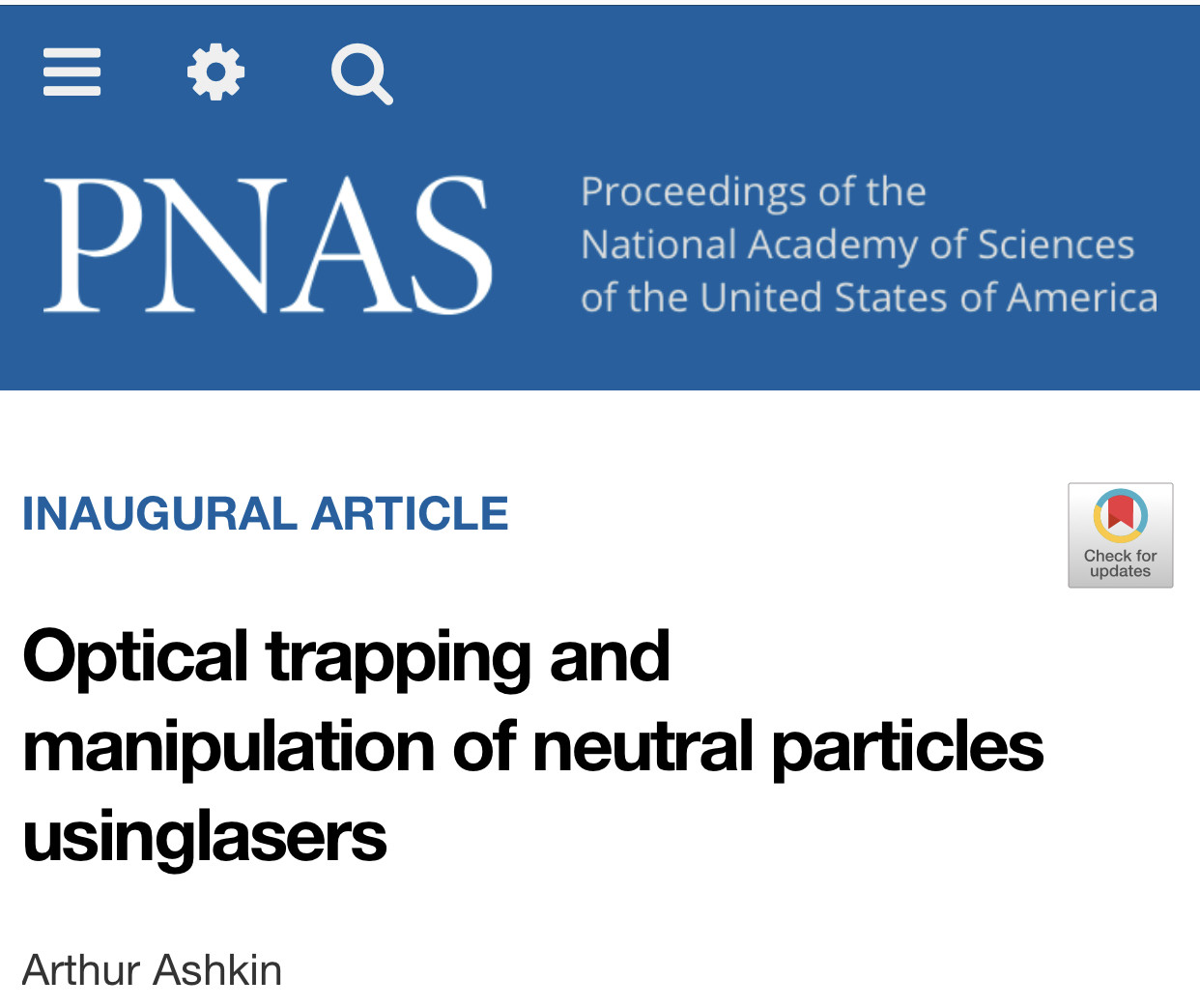Cell division is the process by which a parent cell divides into two or more daughter cells. Cell division usually occurs as part of a larger cell cycle.
The Light of God lives in our hearts. Love, work, and knowledge are the wellsprings of the life He gives us; they should also govern it.
The Light of God lives in our hearts. Love, work, and knowledge are the wellsprings of the life He gives us; they should also govern it.
❤️Aye, Captain.
From Latin cornea tela (“horny tissue”), from cornu (“horn”)...
From Proto-Indo-European *ḱorh₂u, *ḱr̥h₂-no-, both from Proto-Indo-European *ḱerh₂- (“horn”). Cognate with English horn, hirn; Ancient Greek κρᾱνίον (krāníon, “skull”), κέρας (kéras, “horn”); Sanskrit शृङ्ग (śṛṅgá, “horn, tusk”). See also cerebrum (“brain”), cervus (“deer”).
cornū n (genitive cornūs); fourth declension
a horn, antler
a tusk
the horns of the moon
an arm or wing of an army
(music) a horn as a musical instrument
any substance like the material of a horn, such as the bill of a bird
the end of a book or scroll, usually made of ivory
(figuratively) power, strength, might
The Light of God lives in our hearts. Love, work, and knowledge are the wellsprings of the life He gives us; they should also govern it.
Spherical spiral?
Light does carry momentum. Momentum can be thought of as an object's ability to push another object due to its motion. Classically, momentum is defined as the mass of the object times the velocity of the object, p = mv. ... The momentum that light carries is so small that we don't notice it in everyday life.
The spin angular momentum (SAM) is associated with circular polarization in which every polarisation vector rotates. Each photon in a circularly polarised light carries a basic unit of SAM = ±h/2π. The sign of the SAM depends on whether the light is left- or right circularly polarised.
momentum
/mə(ʊ)ˈmɛntəm/
noun: momentum; plural noun: momenta
1.
PHYSICS
the quantity of motion of a moving body, measured as a product of its mass and velocity.
2.
the impetus gained by a moving object.
"the vehicle gained momentum as the road dipped"
the impetus and driving force gained by the development of a process or course of events.
"the investigation gathered momentum in the spring"
impetus
energy
force
power
strength
drive
thrust
push
driving power
steam
impulse
speed
velocity
late 17th century: from Latin, from movimentum, from movere ‘to move’.
moment (n.)
"moment, minute; importance, weight, value" and directly from Latin momentum "movement, motion; moving power; alteration, change;" also "short time, instant" (also source of Spanish, Italian momento), contraction of *movimentum, from movere "to move" (from PIE root *meue- "to push away").
And stand steadfast in the unchangeable life and seed of God, which was before changings and alterings were; and which will remain when they all are gone.
altering
present participle of alter
Noun
altering (plural alterings)
alteration
alteracion f (oblique plural alteracions, nominative singular alteracion, nominative plural alteracions)
alteration; change
From Old Irish cin (“love, affection; esteem, respect”).
-ción f (plural -ciones)
Used in forming a noun to represent the property corresponding to a verb; -tion
neutralizar (“to neutralize”) + -ción → neutralización (“neutralization”)
Usage notes
-ción may become -sión if preceded by "s", or -tión if preceded by "t". (e.g. propulsión, digestión)
🤔
Atoms are neutral; they contain the same number of protons as electrons. By definition, an ion is an electrically charged particle produced by either removing electrons from a neutral atom to give a positive ion or adding electrons to a neutral atom to give a negative ion.
Focused ion beam, also known as FIB, is a technique used particularly in the semiconductor industry, materials science and increasingly in the biological field for site-specific analysis, deposition, and ablation of materials. A FIB setup is a scientific instrument that resembles a scanning electron microscope (SEM). However, while the SEM uses a focused beam of electrons to image the sample in the chamber, a FIB setup uses a focused beam of ions instead.
Protecting against electromagnetic hypersensitivity
Protecting against electromagnetic hypersensitivity. EMF 70 Shielding window film will help protect against the harmful effects of electromagnetic pollution, transmitter signals through your glazing. Covering a wide variety of harmful radiation sources.
https://onlinelibrary.wiley.com/doi/abs/10.1002/app.49392
Electromagnetic interference shielding properties of graphene quantum‐dots reinforced poly(vinyl alcohol)/polypyrrole blend nanocomposites
Priyanka Rani Basheer Ahamed Kalim Deshmukh
First published: 04 June 2020
Viral replication involves six steps: attachment, penetration, uncoating,
replication, assembly, and release.
uncoating (uncountable) (virology) A process in which the viral capsid of a virus is removed, leading to the release of the viral genomic nucleic acid.
All enveloped viruses also have a capsid, another protein layer, between the envelope and the genome.
The cell from which a virus buds often dies or is weakened, and sheds more viral particles for an extended period. The lipid bilayer envelope of these viruses is relatively sensitive to desiccation, heat, and amphiphiles such as soap and detergents, therefore these viruses are easier to sterilize than non-enveloped viruses, have limited survival outside host environments, and typically must transfer directly from host to host.






